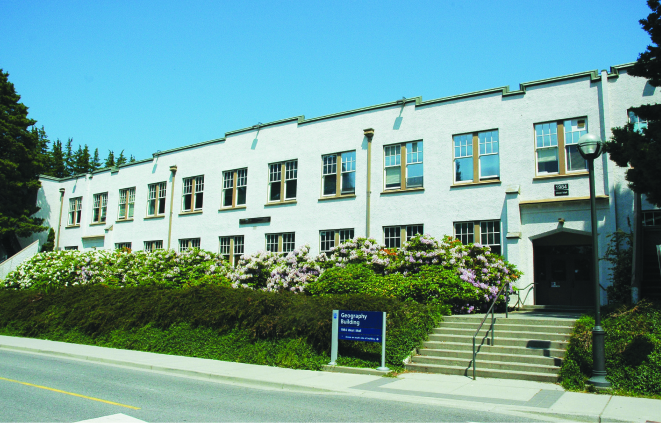With sadness we share that our colleague, Terence (Terry) McGee, a distinguished Canadian geographer and scholar of Asian urbanism and development, died on June 26th 2025. He leaves behind a record of influential research, many friends and admirers in the academic world, and a spirit of conviviality epitomized by the “McGlee Club” – the community of graduate students that he mentored during his years at UBC. We thank his graduate students for sharing here their record of Terry’s extraordinary influence and career. Several of these students commemorated his 70th birthday in an issue of Asia Pacific Viewpoint (Kelly 2007), and by way of introduction we draw on Philip Kelly’s remembrance of his first meeting with Terry, which captures so well our memory of our colleague.
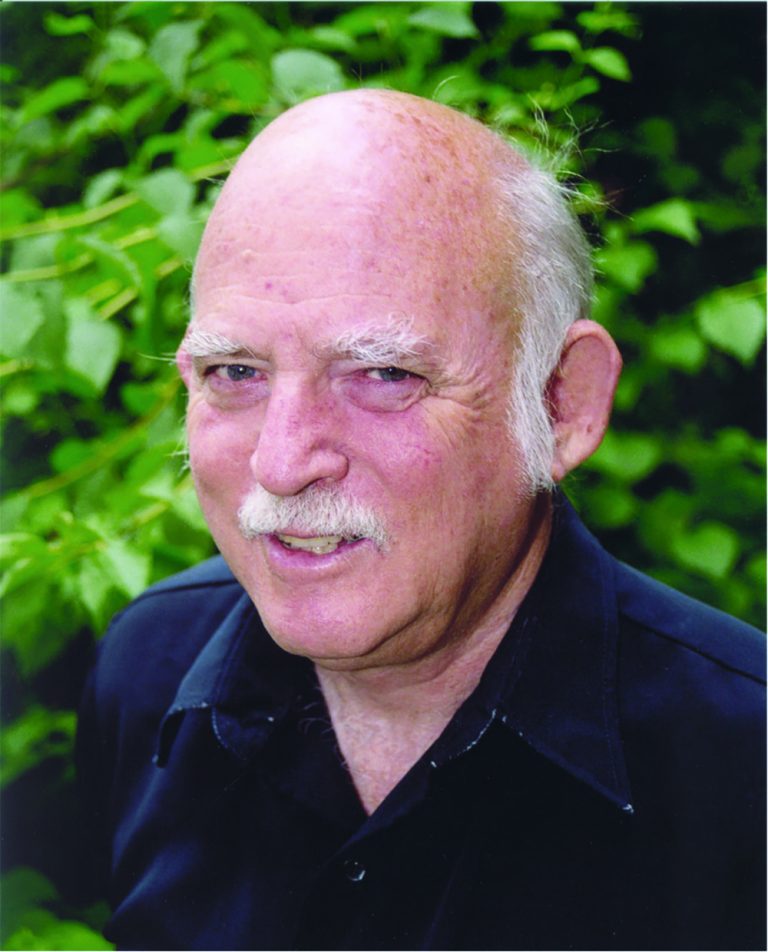

“I first met Terry McGee in the summer of 1992. I was on my way to the Philippines to conduct research for a master’s thesis and stopped off in Vancouver to speak to Terry about working with him towards a PhD. The annual conference of the Canadian Association of Geographers was in full swing at the University of British Columbia (UBC) and Terry was chairing the organising committee. He had served as the President of the Association just two years earlier (while concurrently President of the Canadian Council for Southeast Asian Studies). When I met him he was also Director of the Institute for Asian Research at UBC, had a stable of at least half a dozen PhD students, was convening a commission of the International Geographical Union on Third World urbanisation, and was getting involved in a Canadian International Development Agency project in Vietnam. I should have found Terry looking harassed and irritable in his office or perhaps slumped exhausted in a corner somewhere. Instead, I found him in the conference beer tent, characteristically holding court with great bonhomie.” – Philip Kelly, Professor of Geography, Associate Dean for Research, Graduate and Global Affairs, Faculty of Environmental and Urban Change, York University
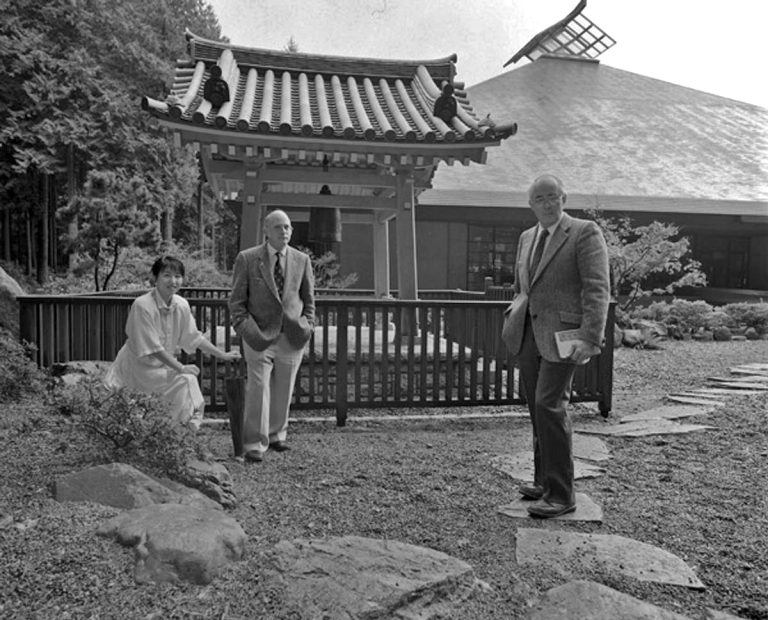

Terry McGee in front of UBC Asian Library (1988)
Terry was born in Cambridge, on New Zealand’s North Island, in January 1936. His undergraduate education (completed in 1958) was in Geography and History – at what was then Victoria College of the University of New Zealand (now Victoria University of Wellington). His first engagement with Asia was through his master’s thesis (completed in 1961), which examined the settlement of Indian immigrants in Wellington (McGee, 1962). It was, however, Malaya in the 1950s and 1960s that introduced Terry to the cities of Southeast Asia that would become his passion. While lecturing at the University of Malaya (1959–1965), Terry was also conducting research for his doctoral dissertation on the migration of Malays to Kuala Lumpur and the social geography of a newly urbanizing population. It was this period that allowed him to travel across Southeast Asia and develop a synoptic view of the area’s postcolonial urbanization – an analysis that was fully articulated in The Southeast Asian City (McGee, 1967). The book – published while he was still a PhD candidate and instructor back at the Victoria University of Wellington (1965–1968) – provided an original and influential typology for understanding cities in the region, while remaining attentive to their historical development and geographical distinctiveness.
Terry’s doctoral work, completed in 1969, was conducted under the supervision of Keith Buchanan, an early radical geographer whose concerns with poverty, marginalization and social justice were also pursued by Terry throughout his career. Perhaps because of Terry’s immersion in Malaya, and later as a lecturer in Hong Kong (1968–1973), a recurring theme in his work was the importance of fieldwork, local knowledge and a long-term intellectual commitment to particular places. As a result, Terry’s work always sought to understand Asian urbanism on its own terms, rather than attempting to read it through the lens of Western experiences or concepts. Terry never had much patience with theory for its own sake and his work displayed a consistent tendency to use theory when it was useful, but never to be slavishly devoted to the latest intellectual fad. This approach was clearly articulated in The Urbanization Process in the Third World (McGee, 1971), which was pointedly subtitled ‘Explorations in search of a theory’.
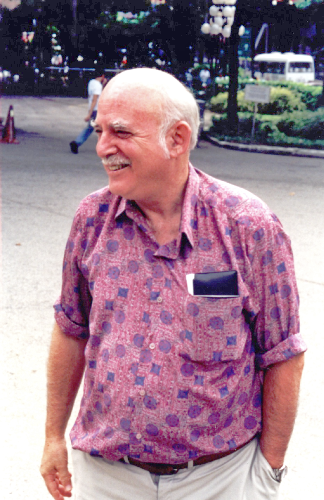

Terry in Singapore (1999)
After leaving the University of Hong Kong in 1973, Terry moved on to the Australian National University (1973–1978), where he continued to engage in detailed empirical work grounded in everyday urban lives in Asia. The urban informal sector became a particular focus of his attention and resulted in a series of books and papers on the hawkers of Hong Kong, among other places (McGee, 1974; McGee and Yeung, 1977). Here, Terry coined the notion of a ‘proto-proletariat’ – a classic example of his tendency to invent a concept when established terminology and dualisms (in this case, ‘peasants’ and ‘proletarians’) proved inadequate in capturing the reality of lived experiences (McGee, 1973, 1976). Examining the urban informal sector also prompted Terry to explore urban food systems in both Southeast Asia and the Pacific Islands (McGee et al., 1978, 1980). His attention to consumption and social reproduction issues came as a counterpoint to a heavy focus on production in development thinking at the time.
In 1978, Terry left Canberra to join our department at UBC, taking on the directorship of the new Institute for Asian Research at UBC – a role that he held for many years (1978-92, and 1995-98), leading the Institute to become one of the world’s most significant centres of its kind. In the 1980s, his work on the urban food system led to reflections on Asian consumption patterns that were being transformed as new urban industrial growth, driven by foreign direct investment, took hold in several Pacific Rim economies. This theme was explored comparatively alongside Warwick Armstrong’s work on Latin America in Theatres of Accumulation (Armstrong and McGee, 1985). Theatres also sought to conceptualize the place of developing world cities in changing global circuits of capital, and the resulting relationship between cities and their rural hinterlands. The book created a framework to bring together international political economy with grounded understandings of cultural and economic change in the developing world. Indeed, as one reviewer of the book commented at the time, it represented “the work of two pros, a little jaundiced but ever hopeful, working hard at the merger of big concepts and small street scenes”.
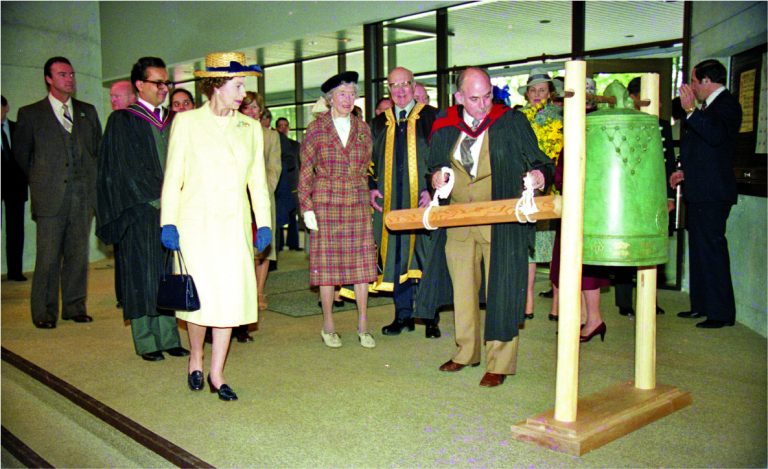

Queen Elizabeth II and Terrance McGee looking at Japanese bell in Asian Centre during royal visit to campus (1983)
This emphasis on multi-scalar analysis – what Terry often called a ‘local-global dialectic’ – underpinned a great deal of his work, especially from the 1980s onwards. Transcending dualisms was an enduring feature, and in the 1980s his empirical research was tackling the relationship between consumption and production, the household and the factory, gender and class, and the city and the village. In collaboration with colleagues from the Universiti Sains Malaysia, Terry embarked on an ambitious project funded by Canada’s International Development Research Centre to assess the social and economic consequences of industrialization on the ‘Silicon Island’ of Penang (McGee et al., 1990). It was, in many ways, an exemplary account of the interactions between factories, villages and households, and the intersections of gender, class, production and reproduction.
Terry’s work in the late 1980s and early 1990s expanded on a range of fronts, as administrator, scholar and graduate supervisor. Always an active member of the Canadian Council for Southeast Asian Studies, he served as its President in 1988-89. He was also President of the Canadian Association of Geographers from 1989 to 1990, and delivered a widely-read past-President’s address in 1991, consisting of thoughtful reflections on several decades of research in Asia as an ‘outsider’, and the consequent perils of Eurocentrism (McGee, 1991a).
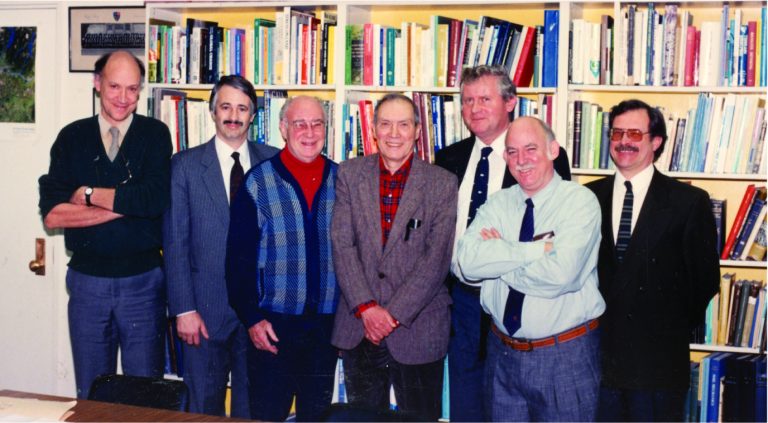

Terry among past presidents of the Canadian Association of Geographers (Cole Harris, Ted Manning, J.Lewis Robinson, Ross Mackay, Olav Slaymaker, Terry McGee and Paul Villeneuve) – all but two from UBC Geography (1992)
Terry’s wariness of Eurocentric scholarship was also evident in his later work to devise theories of urbanization that didn’t assume the repetition and transplantation of Western experiences in Asian contexts. On the ground, Terry noted the distinctiveness of the urbanization process on Java. Extended zones of intensively mixed urban and rural land uses were developing, not as expanding suburbs, but as something rather different. Terry labelled these zones ‘desakota’ – combining the Bahasa Indonesia words for village and city. Thus began at least a decade of discussion on the topic – testament to the fecundity of the concept and its fidelity to the context in which it originated (McGee, 1991b; McGee and Robinson, 1995). In many ways, the desakota concept reflected some consistent themes in Terry’s work: an emphasis on extended fieldwork and inductive theorizing from the ground up; a resulting ability to think with originality about processes of social change precisely because of this close connection with lived experience; an ability to reconceptualize, and a fearlessness of neologisms, when existing dualisms and concepts proved inadequate; and a respect for local scholars and colleagues in Asia and the fruitfulness of collaboration.
These were all priorities that Terry passed on to his graduate students. He was a much-loved supervisor, and mentored numerous MA and PhD students through the 1980s and 1990s until his formal retirement from UBC in 2001. Meetings of the ‘McGlee Club’ took place on Friday afternoons at UBC’s graduate pub, but also in Terry and Lori’s backyard. After retirement, Terry remained an active scholar and mentor, publishing a co-authored book on China’s Urban Spaces with several former graduate students (McGee et al., 2007). In 2003-06, he participated in a UBC-Brazil project funded by the former Canadian International Development Agency to create collaborative and socially inclusive governance systems for Brazilian mega-cities; he also advised major research initiatives such as the Global Suburbanisms project at York University in the 2010s.
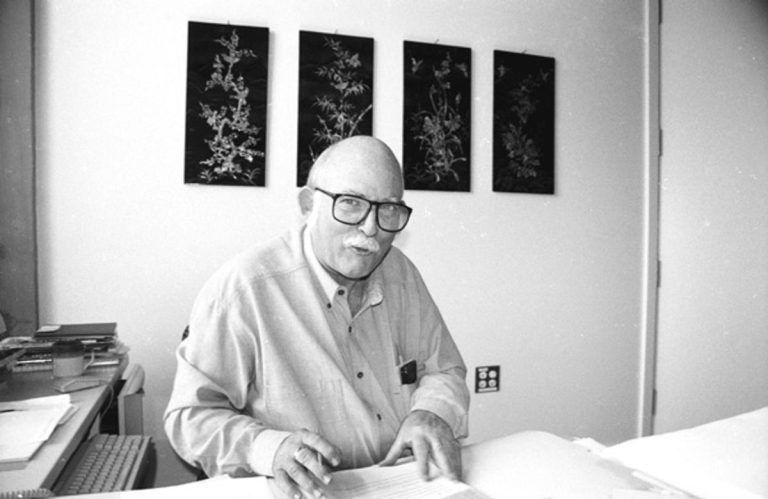

(1996)
Terry’s work earned the respect of a global community of scholars in Geography, Development and Asian Studies. In 2000, he was recognized by the Canadian Association of Geographers with its annual Award for Scholarly Distinction. In 2004, he was granted the President of Vietnam’s Medal for Distinguished Contributions to Vietnamese Social Sciences. And, in 2009, he was awarded the Laureat Prix International de Geographie Vautrin Lud – often referred to as the ‘Nobel Prize’ for Geography.
Academic distinctions aside, Terry was most loved because of the humanity, decency, warmth and humour he brought to his relationships everywhere – with students, colleagues, and collaborators, but also with taxi drivers, hawkers, bar staff and research respondents alike.
Terry leaves behind his wife of 50 years, Lori, his children Tyler (Belinda), Katrina (David), and grandchildren Julia, Dylan, Holly, Rosa, Maisie and Solomon. Terry was cremated in a private ceremony, with celebrations of life events planned for Victoria and Vancouver in late August 2025.
Email terry.celebrationRSVP@gmail.com for more information.
In lieu of flowers, please consider a donation in Terry’s name to the Canadian Red Cross or Alzheimer Society BC.
References
Armstrong, W.R. and T.G. McGee (1985) Theatres of accumulation: Studies of Urbanization in Asia and Latin America. London: Methuen.
Kelly, P. (ed.) (2007) Geographer, Asianist, urbanist: Celebrating the scholarship of Terry McGee Asia Pacific Viewpoint 48(2): 250-269.
McGee, T.G. (1962) The Indian settlement in New Zealand, 1900–1956, New Zealand Geographer 27(2): 203– 223.
McGee, T.G. (1967) The Southeast Asian city: A social geography of the primate cities of Southeast Asia. London: Bell.
McGee, T.G. (1971) The urbanization process in the Third World: Explorations in search of a theory, London: Bell.
McGee, T.G. (1973) Peasants in the cities, a paradox, a paradox, a most ingenious paradox, Human Organization 32: 135–142.
McGee, T.G. (1974) Hawkers in Hong Kong: A study of policy and planning in the Third World city. Hong Kong: Centre of Asian Studies, University of Hong Kong.
McGee, T.G. (1976) The persistence of the proto-proletariat: Occupational structures and planning of the future of Third World cities, in P. Haggett (ed.) Progress in Geography, pp. 1–38. London: Edward Arnold.
McGee, T.G. (1991a) Presidential address: Eurocentrism in geography: The case of Asian urbanization, The Canadian Geographer 35(4): 332–442.
McGee, T.G. (1991b) The emergence of Desakota regions in Asia: Expanding a hypothesis, in N. Ginsburg, B. Koppel and T.G. McGee (eds.), The extended metropolis: Settlement transition in Asia, pp. 3–25. Honolulu: University of Hawaii Press.
McGee, T.G. and Y.M. Yeung (1977) Hawkers in Southeast Asian cities: Planning for the bazaar economy. Ottawa: International Development Research Centre (IDRC).
McGee, T.G., P. Rimmer, and D.W. Drakakis-Smith (eds.) (1978) Studies of food, shelter, and transport in the Third World. Challenging the ‘unconventional wisdom?’ Monograph No. 12. Canberra: Department of Human Geography, Australian National University.
McGee, T.G., K. Salih, and M.-L. Young (1990) Silicon island: Industrialization, labour force formation and household response, Penang State, Malaysia. Unpublished report presented to IDRC, Singapore.
McGee, T.G. and I. Robinson (eds.) (1995) The mega-urban regions of Southeast Asia: Policy challenges and response. Vancouver: UBC Press.
McGee, T.G., R.C. Ward and D.W. Drakakis-Smith (1980) Food distribution systems in the New Hebrides, Monograph No. 25. Canberra: Development Studies Centre, Australian National University
McGee, T.G., G. C. S. Lin, A. M. Marton, M. Y. L. Wang, and J. Wu (2007) China’s Urban Space Development under market socialism. London and New York: Routledge.
